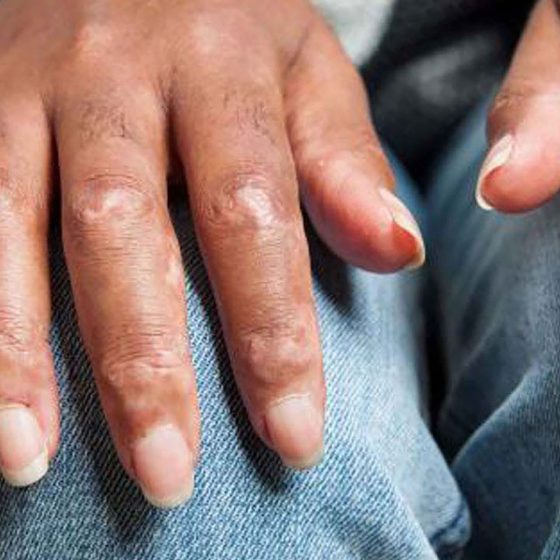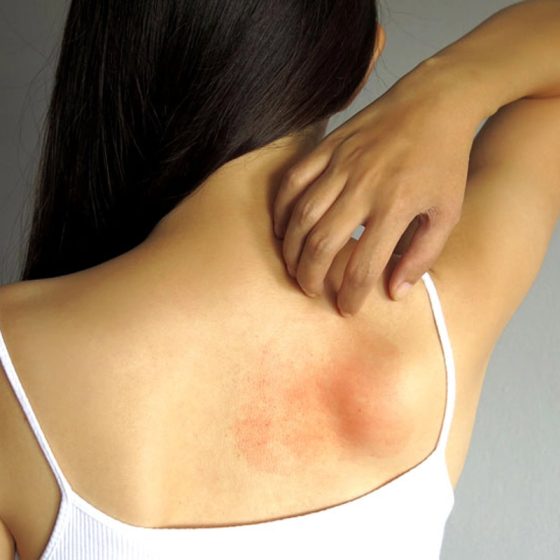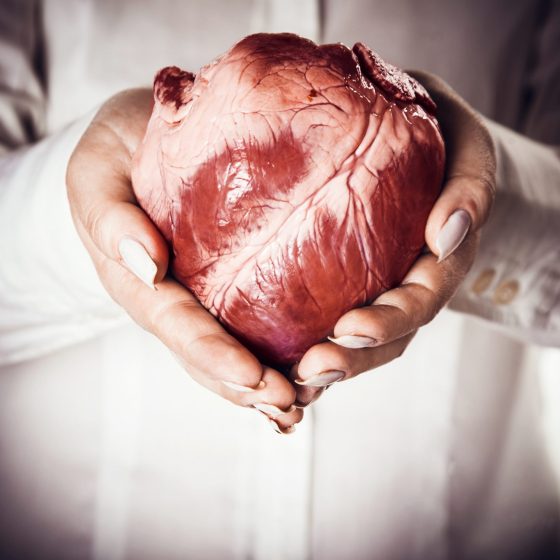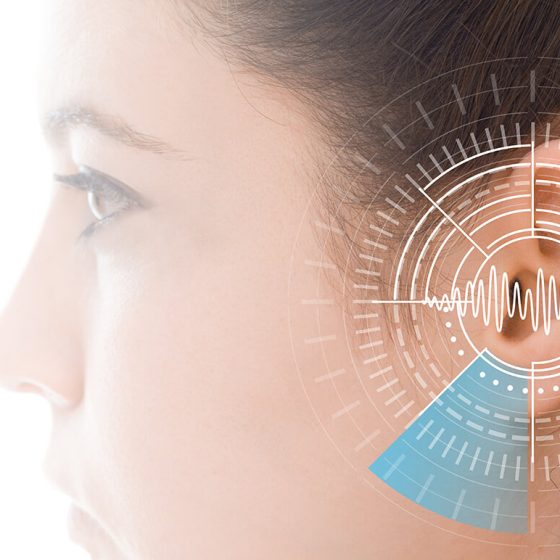Lupus
Key facts Lupus is an autoimmune illness where your immune system attacks your own normal cells. It mostly affects your skin and joints, but it can affect any part of your body. Stress, exposure to sunlight, infections and some medicines can trigger symptoms of lupus. It can be hard to diagnose lupus because there is no single test that confirms it. There is no cure for lupus, but you can manage your symptoms with a combination of medicines and a healthy lifestyle. What is lupus? Lupus is a chronic autoimmune illness. This means that your immune system attacks your body’s own













